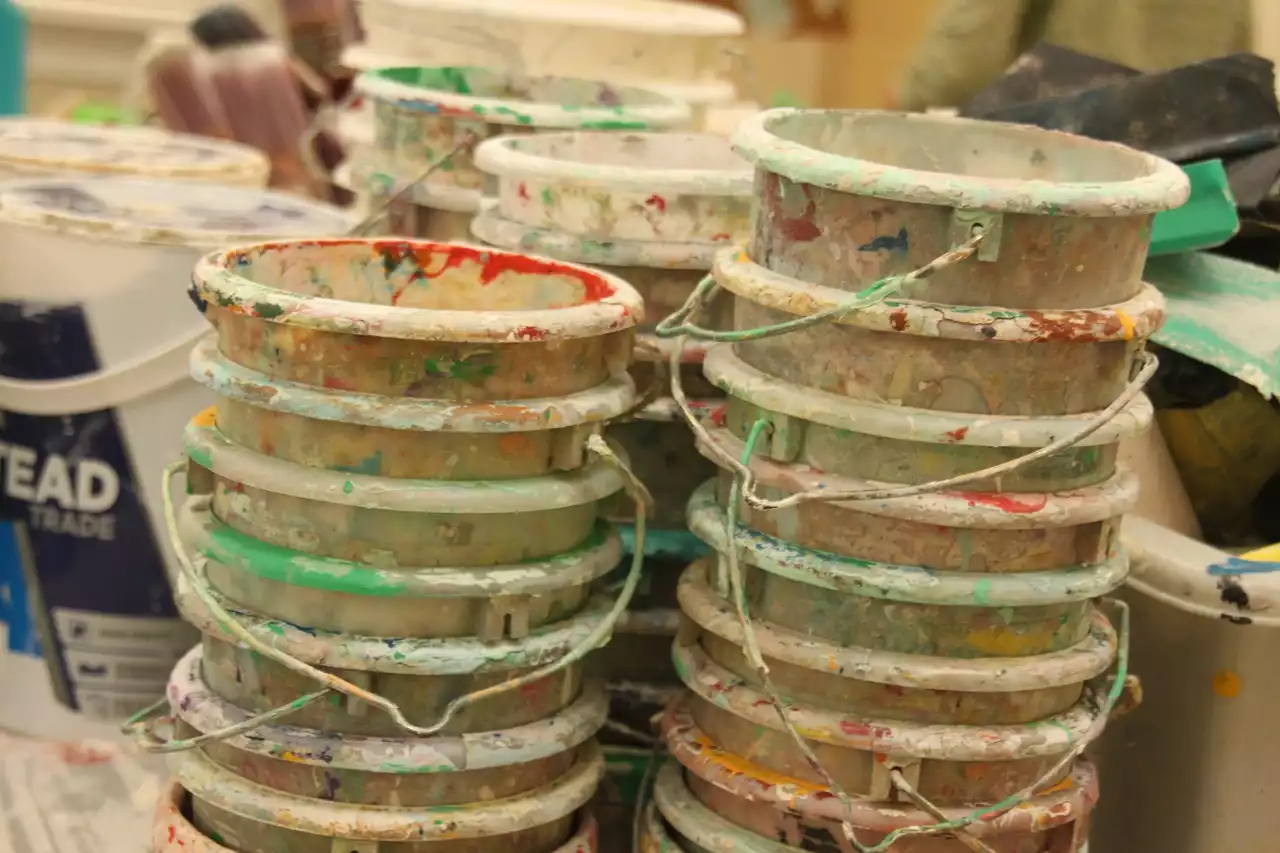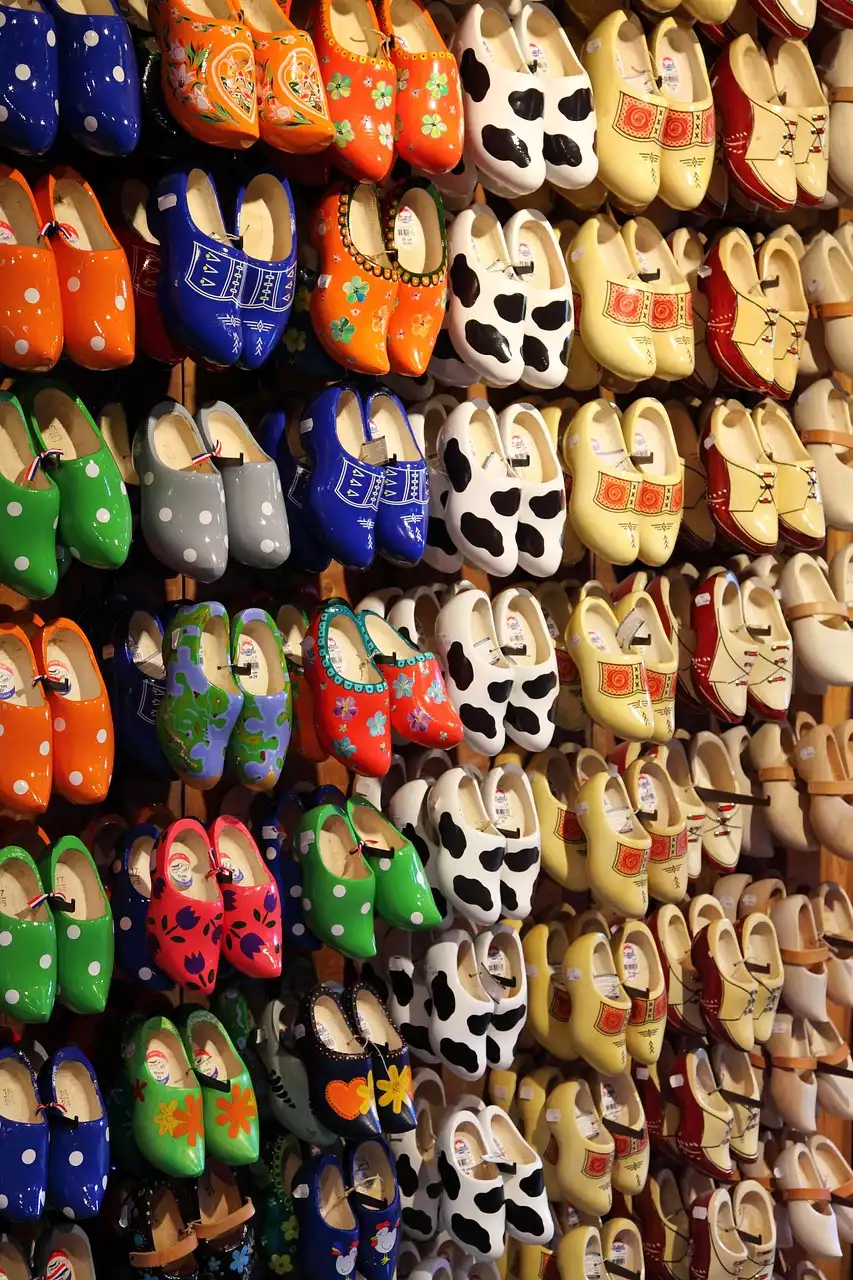Benefits of attending a drawing workshop
There are many benefits of attending a drawing workshop. This is a great way to learn how to draw, regardless of your skill level and experience. It can be a therapeutic practice and a great way to relax and destress. It can also help you to build self-confidence, explore different materials and enhance your artistic skills. Drawing can also help you to improve your focus and mindfulness. It is a great way to express yourself and explore your creativity. It can also be a great hobby to share with friends and family. Attending a drawing workshop is a safe and encouraging environment to learn, practice, and create. You will be able to learn about different techniques, tools, materials, and more, and gain the confidence to develop your creative style. With the guidance of experienced instructors, you can explore your creative potential and create beautiful pieces of art.
Different types of drawing workshops
There are many different drawing workshops, each with its unique focus. The type of workshop you choose will depend on your skill level, experience, and the type of art you want to create. Here are some examples of drawing workshop types: - Introduction to drawing workshops: These are for beginners who are new to drawing. They provide an overview of the different materials and tools used in drawing, as well as the different techniques practiced. - Sketching workshops: These focus on sketching techniques. You will learn how to sketch using different materials and techniques, as well as how sketching can be used to explore and create art. - Painting workshops: You will explore different painting techniques in these workshops. - Mixed media workshops: These focus on different mixed media techniques. You can choose to create a variety of different types of art pieces. - Expressive workshops: These focus on different expressive techniques. You can explore your creative potential and create unique art pieces.
Tips for attending a drawing workshop
Before attending a drawing workshop, make sure to research the type of workshop you want to attend. This will help you to decide which one is best for you. You can also ask someone you know who has attended a workshop what they enjoyed and disliked about the experience. Before attending a workshop, it is also a good idea to prepare your materials and practice at home. This will help you to feel more confident and prepared when you attend the workshop. When attending a workshop, it is important to come with an open mind. You will be learning new skills and techniques, so it is important to practice and apply what you have learned. It is also important to be actively engaged during the workshop. Practice and apply the skills you have learned by creating your art pieces at home.
Exploring your creative style
When you attend a drawing workshop, you will be exploring your creative potential. This will help you to explore your creative style and discover what types of art you enjoy creating most. It can also help you to develop your skills and build confidence in your art. With the guidance of experienced instructors, you can learn about different techniques, tools, materials, and more, and gain the confidence to create beautiful pieces of art. When you attend a drawing workshop, you will be exploring different techniques. You can choose the types of art you want to create, such as sketches, paintings, and more. You can also choose the materials and tools you want, such as pencils, paper, and more. With the help of your instructor, you can explore different techniques, create beautiful pieces of art and discover your creative style.
Practicing with the guidance of experienced instructors
As you attend a drawing workshop, you will be practicing with the guidance of your instructor. This is a great way to develop your skills and build confidence in your art. With the help of your instructor, you can learn about different techniques, tools, materials, and more, and gain the confidence to create beautiful pieces of art. Here are some examples of practices you can try at a drawing workshop: - Working with different types of paper and sketching paperweights. - Select the right pencil for the type of art you want to create. - Select the right type of brush for the type of art you want to create. - Select the right type of ink or marker for the type of art you want to create. - Using different types of paints and exploring different paint techniques. - Using different types of colored pencils and sketching techniques.
Taking your drawing skills to the next level
When you attend a drawing workshop, you will be taking your drawing skills to the next level. This is a great way to challenge yourself and explore different techniques and materials. With the help of your instructor, you can learn about different techniques, tools, materials, and more, and gain the confidence to create beautiful pieces of art. You can also choose to explore different art types, such as sketches, paintings, and more, and discover your creative potential. Here are some examples of taking your drawing skills to the next level: - Attempting more challenging projects and experimenting with different materials and tools. - Attempting more challenging techniques, such as watercolor painting and more. - Attempting new types of art, such as sketching and painting.








